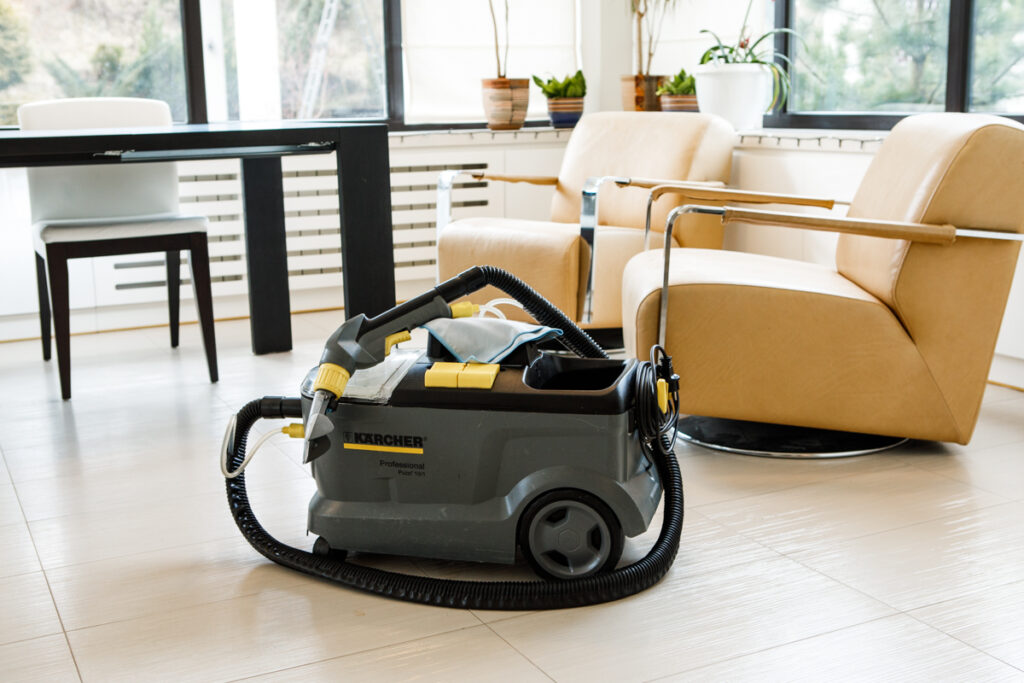The Surprising Truth About Cleaning Your Room: How Long Does It Really Take?
Most of us have had those weekends earmarked for getting our spaces spick-and-span, only to lose motivation halfway through. Ever wondered just how long it should take the average person to truly clean a room? Let's dive into the realities, expectations, tips, and strategies to ensure your room is both clean and fresh without consuming your entire day.

Understanding the Task at Hand
Cleaning a room might seem like a straightforward task. However, with piling laundry, scattered books, forgotten knick-knacks, and hidden dust bunnies, it can quickly become daunting. Before stressing yourself out, let's explore what factors impact the time taken to clean your space:
- Room Size: Naturally, larger spaces consume more time.
- Degree of Clutter: Tidier rooms demand less time than those that resemble a post-sale aftermath.
- Grime and Dust Levels: Frequent cleaning habits result in less buildup and quicker cleans.
- Individual Cleaning Style: Are you a fast-paced sprinter or a diligent detail-focused cleaner?
- Tools and Products Used: Efficient tools speed up the process significantly.
Typical Timeframes
Average Duration
Research suggests that a moderate tidy-up of an average bedroom should take about 15 to 30 minutes. However, deeper cleans, including vacuuming, dusting, and organizing, may extend this to 45 minutes or even an hour.
Here's a breakdown based on activity:
- Quick Tidy (Making the bed, picking up items): 5-10 minutes
- Dusting (Furniture, windowsills): 10-15 minutes
- Vacuuming or Sweeping: 10 minutes
- Detailed organization (Drawers, closets): 10-20 minutes
Expert Insight
Renowned cleaning website Cleanwhale.de emphasizes that the time required can be maximized with plans and routines personalized to each individual's needs. Their recommendation? Routine cleaning to keep the room orderly always.
FAQs about Cleaning Time
1. How does the "mess level" affect time?
- A cleaner room starts you off with an advantage, while a disarrayed space might add an extra 15-30 minutes.
2. Does an average time include deep cleaning?
- Deep cleaning implies tackling neglected spots and behind-the-scenes dirt. It often takes roughly 1-2 hours, depending on the factors above.
3. Can certain tools expedite cleaning?
- Absolutely! Microfiber towels, electronic dusters, and automatic vacuum cleaners can significantly reduce cleaning time and effort.
How to Clean Efficiently and Quickly
Actionable Strategies:
-
Create a Detailed Plan: Outline which areas require the most attention first. Work systematically from one corner to the next.
-
Use a Timer: Challenging yourself against the clock can boost motivation and prevent procrastination.
-
Invest in Quality Tools: Leverage modern cleaning solutions and gadgets for faster results.
-
Declutter First: Before attempting to clean, a quick declutter can eliminate unnecessary distractions.
-
Establish a Routine: Regular mini-cleanups ensure your room remains manageable, reducing the workload of bigger cleanups.
Conclusion: A Closer Look at Cleaning
A clean room is not only pleasing to the eye but also positively impacts mental well-being and productivity. While the time it takes varies, with practical tips and tools, you can improve efficiency. Our advice? Establish cleaning habits and embrace the journey to a consistently tidy room – you might even find you enjoy it!
Remember, while tackling the task at hand, reaching out for professional help can be uplifting. Cleanwhale.de provides solutions that cater to individual needs, ensuring your room transitions from cluttered to captivating in record time.
Keeping your space clean doesn't have to dominate your entire day. With the right approach and mindset, it's an achievable and even rewarding task.















